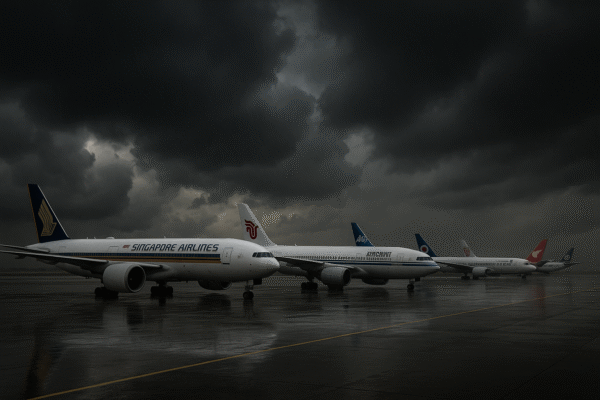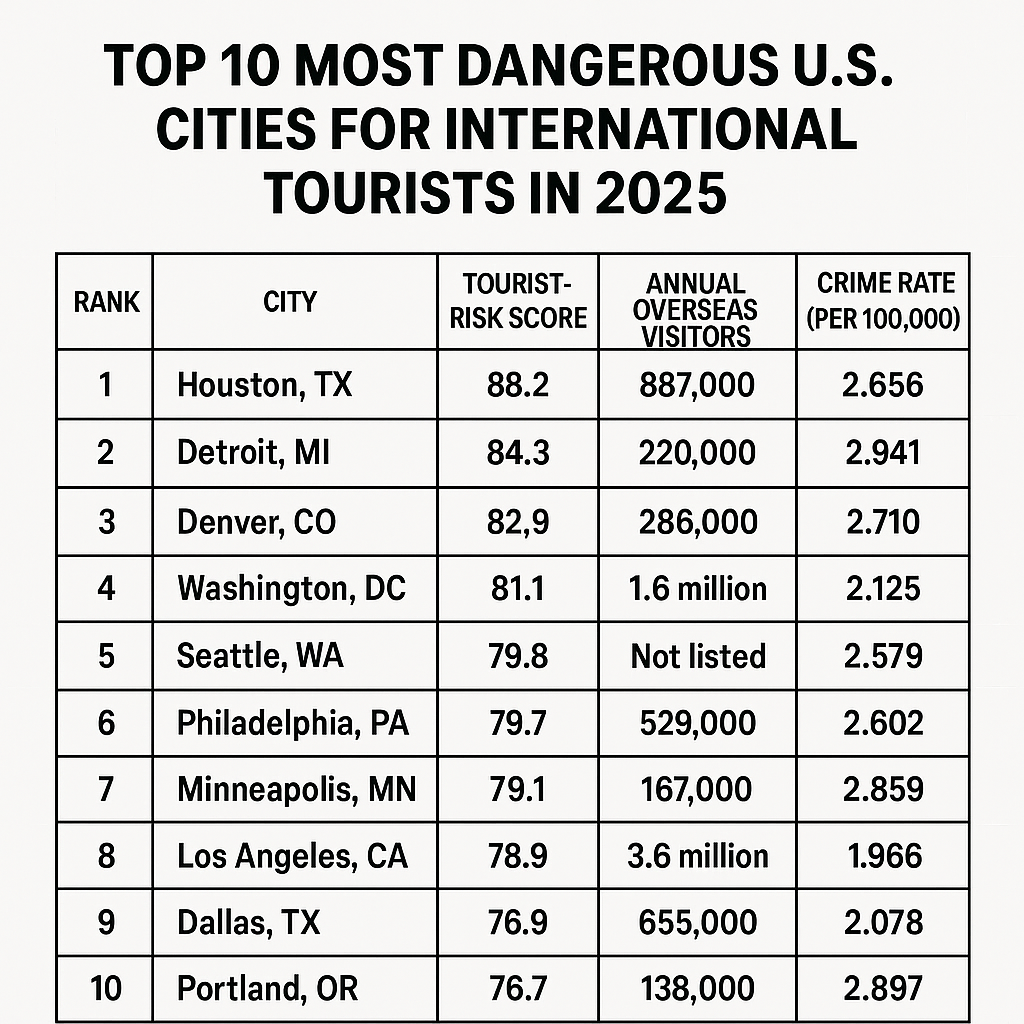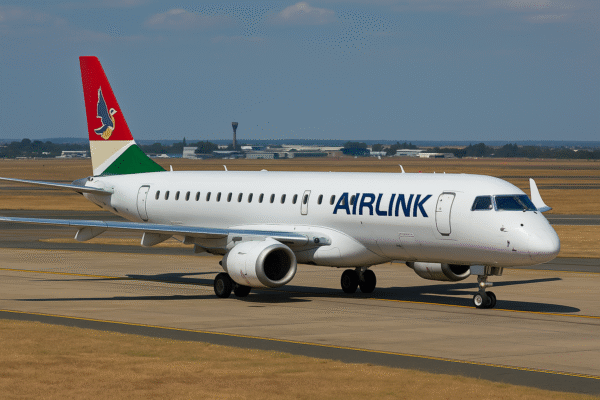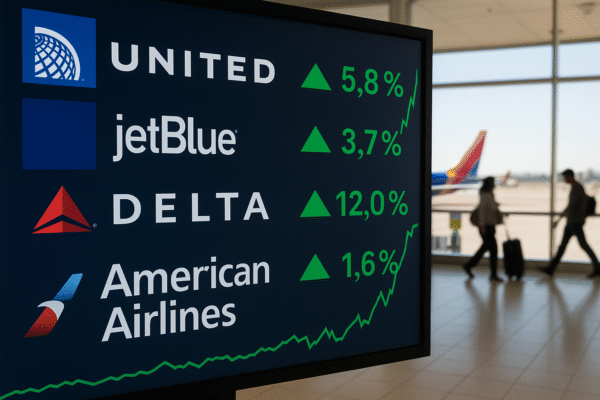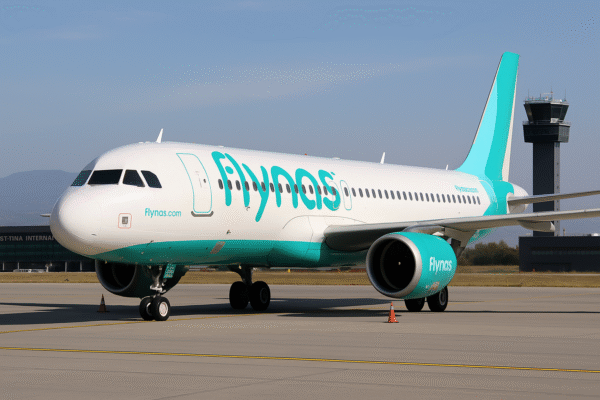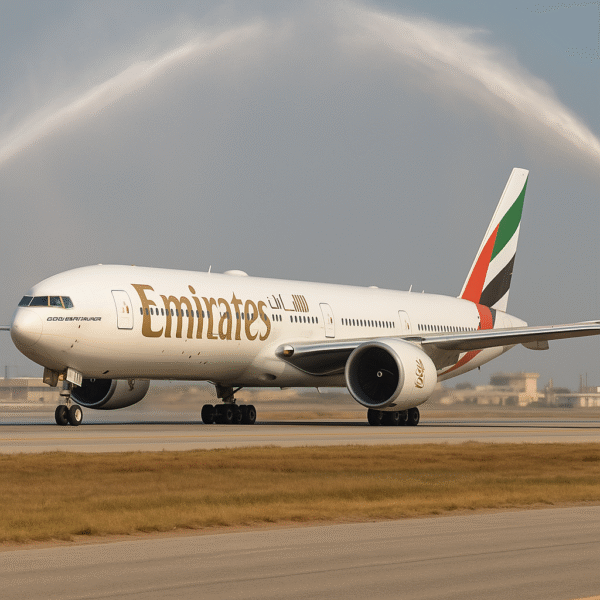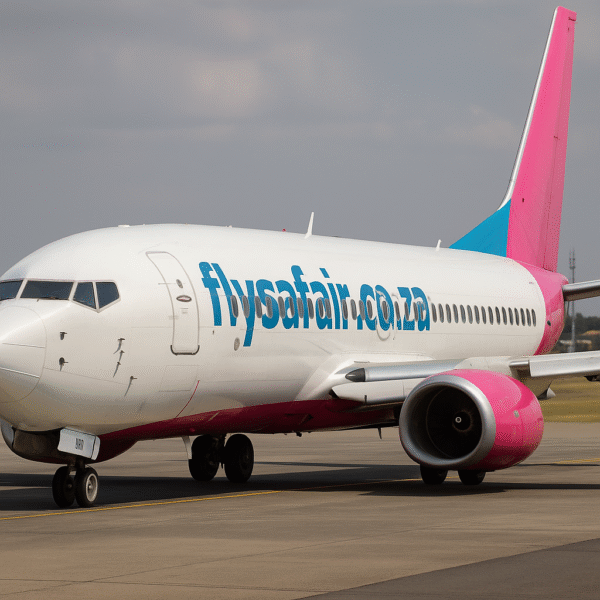South Africa’s aviation sector is on high alert as more than 100 FlySafair pilots prepare to initiate a legal strike, potentially grounding hundreds of domestic flights and plunging the nation’s busiest airline into operational turmoil. The labor dispute, spearheaded by the Solidarity trade union, centers on rejected wage proposals, work-life balance concerns, and a controversial rostering system.
FlySafair, South Africa’s leading low-cost carrier, accounts for nearly 60% of the country’s domestic seat capacity, transporting over 30,000 passengers daily. The planned industrial action, if realized, could paralyze air travel across key routes connecting Johannesburg, Cape Town, Durban, and Port Elizabeth, significantly disrupting both business and leisure tourism.
Wage Standoff at the Core
At the heart of the conflict is a 5.7% wage increase offer from FlySafair, which has been firmly rejected by pilots. The Solidarity union, representing nearly two-thirds of the airline’s 211 pilots, is demanding a 10.5% salary hike in the first year, followed by inflation-linked raises in subsequent years. Union leaders argue that the offer fails to reflect South Africa’s current cost-of-living pressures and overlooks pilots’ demanding schedules.
Solidarity Deputy General Secretary Anton van der Bijl stated, “This is not merely a salary issue—it is about fair treatment, sustainable work-life balance, and respect for aviation professionals who keep the country moving.”
Mounting Pressure Over Rigid Scheduling
Alongside salary disputes, pilots have expressed deep dissatisfaction with FlySafair’s newly introduced rostering system. Described as “overly rigid” and “disruptive,” the scheduling model allegedly leaves pilots with insufficient recovery time and restricts rest days—factors that could impact safety, performance, and morale. While rostering concerns are not part of the initial strike demands, Solidarity has warned that it may escalate the issue through a separate dispute if left unresolved.
Aviation analyst Phindile Ndlovu commented, “Pilot fatigue and poor roster management are critical issues that can have direct operational consequences. Airlines need to recognize the strategic importance of crew welfare.”
CCMA Mediation to Finalize Strike Procedure
The Commission for Conciliation, Mediation and Arbitration (CCMA) is currently facilitating negotiations to finalize procedural rules for the strike. A session is scheduled for Thursday, 17 July 2025, after which Solidarity will legally be allowed to issue a 72-hour notice for protected industrial action. This would enable pilots to strike without the risk of disciplinary measures under South African labor law.
FlySafair has indicated its willingness to remain in dialogue with the union but has simultaneously begun rescheduling affected flights between 22 and 28 July, bracing for the anticipated travel chaos.
Disruption Already in Motion
FlySafair has issued early warnings to customers, encouraging travelers to monitor their flight status via the airline’s official channels. Passengers whose flights fall within the projected strike period will be offered free rebooking options, although the carrier acknowledges the possibility of broader disruptions if the strike escalates or cabin crew join the protest.
In a public statement, the airline said, “We understand the frustration this may cause and are working diligently to minimize the impact on our loyal customers.”
Wider Labor Unrest Brewing?
The threat of broader industrial action looms large. Solidarity has revealed that it is also in salary negotiations with FlySafair’s cabin crew, potentially setting the stage for a multi-tiered labor dispute. If unresolved, the unrest could envelop the airline’s entire front-line staff—pilots, cabin crew, and ground services—crippling FlySafair’s operations entirely.
Strategic Importance of FlySafair to South African Travel
As South Africa’s top-performing domestic airline, FlySafair plays a vital role in regional tourism and economic mobility. Disruptions at this scale could hamper local events, delay cargo shipments, and negatively affect tourism revenue across cities already struggling with post-pandemic recovery. According to South African Tourism, domestic travel accounted for over 56 million trips in 2024, underscoring the critical role of internal connectivity.
FlySafair’s potential shutdown comes on the heels of scrutiny from the Department of Transport earlier this year over foreign ownership compliance issues. While the airline was given until early 2026 to rectify its corporate structure, the current labor unrest risks further tarnishing its regulatory standing and public image.
Government and Industry Stakeholders Monitor Closely
The Department of Employment and Labour is expected to monitor the unfolding dispute closely. South Africa’s civil aviation authorities and airport operators, particularly at OR Tambo International Airport and Cape Town International Airport, are preparing contingency plans to manage passenger flows in the event of mass flight cancellations.
Meanwhile, tourism operators and travel agencies are fielding concerned inquiries from travelers hoping to avoid disruptions during the busy July travel season. With school holidays and winter tourism peaks coinciding with the strike threat, local economies could face ripple effects.
Outlook: Will a Deal Be Struck in Time?
Whether FlySafair and Solidarity can reach a resolution before strike action commences remains uncertain. Industry insiders believe that mediation success hinges on the airline’s willingness to offer greater scheduling flexibility and acknowledge the broader demands of its pilot workforce.
If no agreement is reached, the coming week could mark one of the most significant labor-related aviation disruptions in South Africa’s history.
As the country watches anxiously, passengers are advised to stay informed, prepare for contingencies, and remain flexible while FlySafair’s future hangs in the balance.
For more travel news like this, keep reading Global Travel Wire






